High Health Care Costs
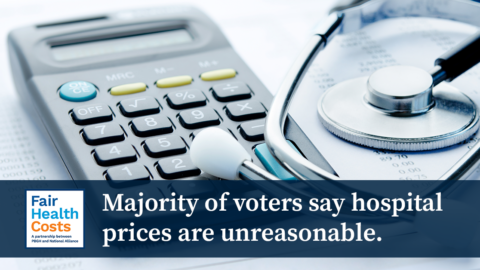
Bipartisan Support for Policies to Lower High Hospital Prices
Voters are worried that Congress won’t do enough to address the increasingly high health care costs.
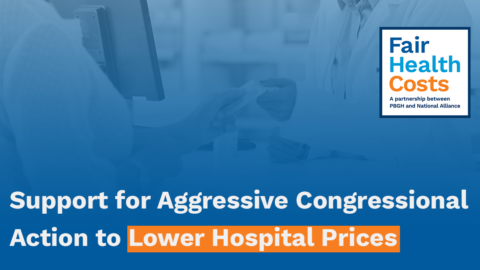
Support for Congressional Action to Lower Prices
More than 70% of voters support aggressive congressional action to lower hospital prices.
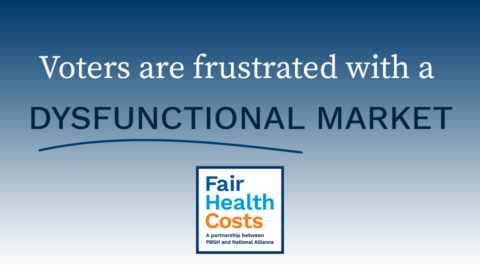
Voters Frustrated with Dysfunctional Market
Almost 9 in 10 voters say it is important for this Congress to take action to reduce hospital prices.

COVID-19 Offers a Chance to Course Correct
In the aftermath of COVID-19 and to prepare for the next pandemic, we need to build a more adaptable, streamlined and efficient health care system.
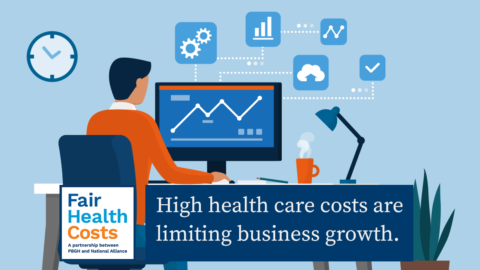
Sacrificing Competitiveness in the Global Economy
We are sacrificing our competitiveness in the global economy by paying so much more than needed for health care and health system sustainability.

High Health Costs a Concern for Business Leaders
60% of Americans getting their health care coverage through their jobs – high health care costs should be a concern for all business leaders.
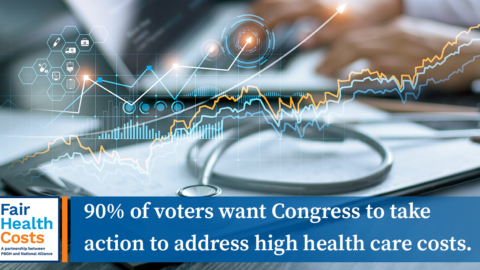
High Health Care Costs Need Real Solutions
Everyone agrees health care costs are high. It’s time for real solutions to the underlying problems.
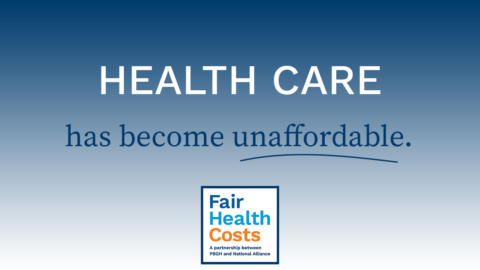
Health Care Has Become Unaffordable
The cost of health care in the U.S. has become unaffordable for families and employers, and health outcomes are poor.
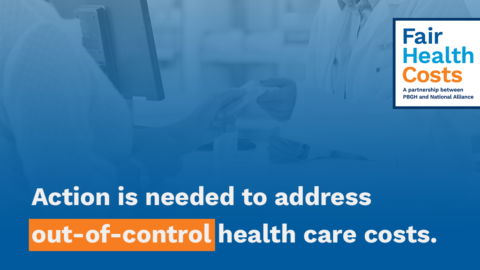
Action Needed to Address High Health Care Costs
Voters and executive decision makers agree – it’s time for government to take action on out-of-control health care costs.
Hospital Price Transparency
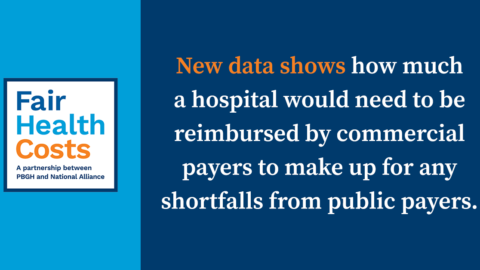
New Tool Shows Current Break-even for Hospital Profitability
This data can help employers determine a fair price for hospital services.
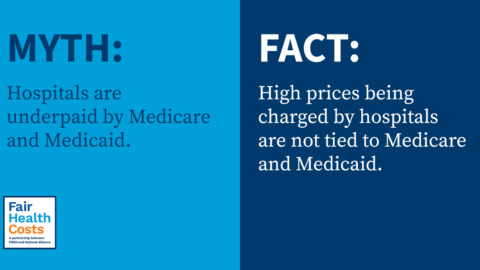
High Hospital Prices Are Not Tied to Medicare and Medicaid
The NASHP data show that the commercial market is paying far more than it takes to offset losses from public programs.
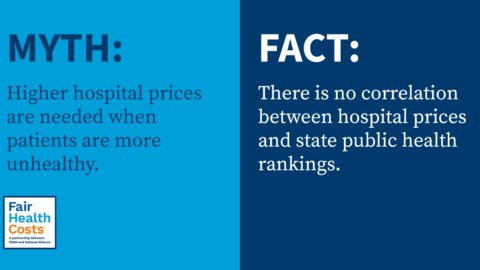
Employers Pay More than Double What Hospitals Need
The commercial sector pays more than double the average cost of what hospitals need to provide medical services.
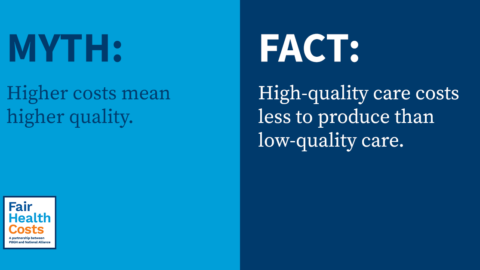
New Tool Reveals Data about Hospital Pricing Practices
The NASHP Hospital Cost Tool reveals data about hospital pricing practices that enables employers to exercise their market power to contain health care costs.
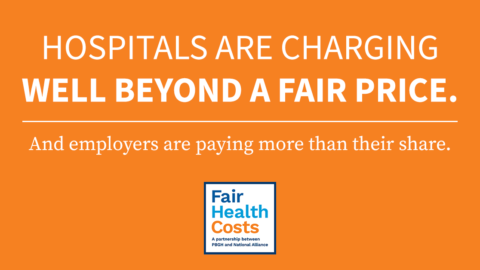
A New Look at Hospital Pricing and Profitability
The Hospital Cost Tool released by NASHP today offers a new look at hospital pricing and profitability – a game-changer for the employers and employees paying 300% more than Medicare and 100% of hospital profits.

Why Hospital Price Data Matters
As data becomes more complete over time, hospital price information will give employers and purchasers more insight into how their contracted hospitals compare on price.

Price Transparency Offers Opportunity to Employers and Purchasers
Employers and purchasers can leverage this information to buy better care for their employees and members.
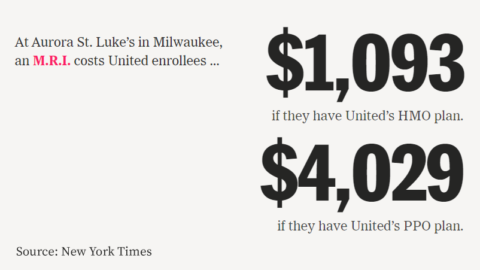
What Hospital Pricing Data Shows
In some cases, employers and patients are paying more for care with insurance coverage than they would without.
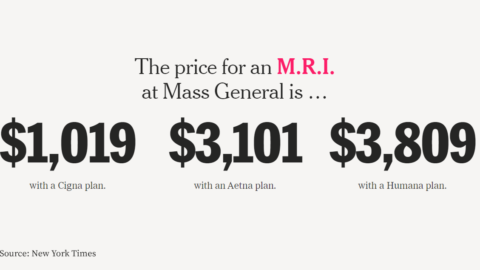
Why Hospital Price Transparency Matters
The variation in prices charged to patients covered by different health plans, or with no coverage at all, is exactly why hospital price transparency is so important.
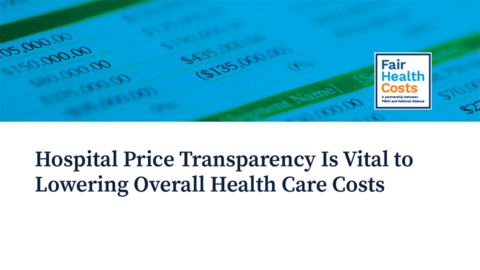
Hospital Price Transparency Fact Sheet
Fewer than half of all hospitals nationwide are fully compliant with regulations that require them to publicly post prices.

Hospital Price Transparency Talking Points
These talking points can be used to create communications related to hospital price transparency.

Hospitals Fail to Comply with Federal Transparency Rule
Why are most hospitals not complying with a new federal rule that requires them to post their price information online?
Surprise Billing

Texas Ruling on the No Surprises Act
What does the Texas surprise billing ruling mean? We have the short, medium and long-term consequences for employers and purchasers.
Anti-competitive Practices
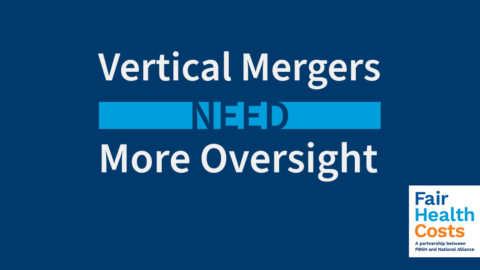
More Oversight of Vertical Mergers Needed
When insurance companies acquire health care providers and pharmacy benefit managers, it raises fundamental questions about the extent to which they will act on behalf of their customers.

Vertical Mergers Lead to Higher Costs
What happens when health insurers, PBMs, pharmacies and providers are all owned by the same entity? Prices go up for employers and their workers.
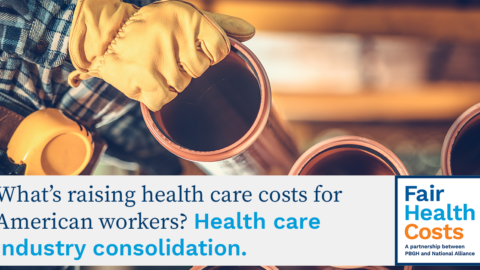
Health Care Prices Too High for Consumers
The United States is facing a crisis when it comes to health care costs. Prices for lifesaving care and drugs are simply too high for consumers.

Health Care Industry Consolidation Raises Costs
Hospital acquisitions and mergers aren’t producing better outcomes or healthier people – only higher costs.

Anti-competitive Business Practices Fact Sheet
Download a fact sheet that details the problem and our proposed solutions.
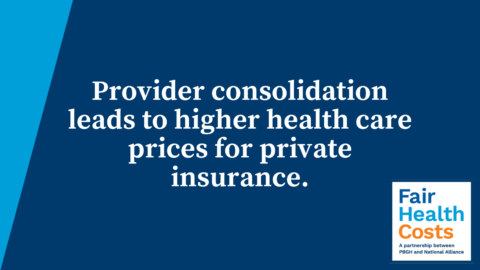
Anti-competitive Business Practices Talking Points
These talking points can be used to create communications related to anti-trust enforcement and anticompetitive business practices.

Fighting Anti-trust Enforcement and Anti-competitive Practices
We need stronger health care anti-trust enforcement, including prohibitions on anticompetitive practices, to address the problems of industry consolidation, market power and high prices.

Health Care Market Failure Must Be Addressed
Where markets have failed entirely or where there is no market, federal policymakers have a responsibility to directly manage health care prices.